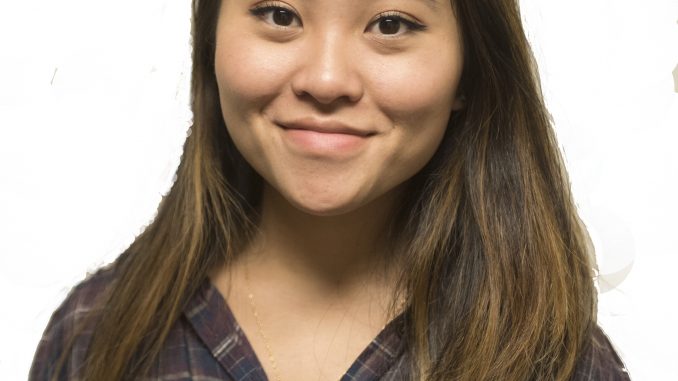
 I’ve lived in Center City my whole life, but the only time I’ve ever seen Independence Hall has been in movies and the media. I’ve never made the visit in person.
I’ve lived in Center City my whole life, but the only time I’ve ever seen Independence Hall has been in movies and the media. I’ve never made the visit in person.
It seems like a lack of motivation on my part. It would only take a five-minute drive from my house to reach the very place where our founders declared our independence from Great Britain in 1776 and cemented the values of our nation in the Constitution 11 years later.
Philadelphia, which has existed for more than 300 years, is filled with historical sites dating back to colonial times. These sites have stories to tell — if people are willing to listen. As students living in the city, we should make a habit of exploring Philadelphia’s past to better appreciate the present.
“There’s such a distinct history in Philadelphia that is represented in different ways and is told in so many ways,” history professor Bryant Simon said.
The second floor of Independence Hall was the original site of the Charles Willson Peale American Museum, a natural history museum founded in the early 1800s that exhibited biological and botanical specimens, said Seth Bruggeman, a history professor.
It’s “arguably the first museum in the United States,” Bruggeman added.
Alex Marothy, a sophomore film and media arts major, grew up in Germantown near the Cliveden, an estate that was vital to the Battle of Germantown in the Revolutionary War. It was the main site of bloodshed between Americans and the British within city limits.
British soldiers took refuge in the home and fought off American soldiers for hours until George Washington’s army finally retreated.
“Growing up in a very colonial neighborhood influenced me,” Marothy said. “I was always connected to some geographic ancestry in some way.”
Our past is intertwined with the modern day and our own identities. Entering these spaces should allow us all a greater awareness of our ourselves and our humanity.
These realizations should hopefully provoke discussion too — both while we visit a historic site and long after we leave it.
“We can talk on hard issues and we can witness one another react in powerful emotions,” Bruggeman said. “There’s something about the museum-going experience that humanizes us.”
Some students who grew up in the Philadelphia area relied on grade school field trips to see these historic places — I know I did. For some, this provided less reason to visit independently.
“I’ve grown up in Philly, but I only went to historical places and museums during school trips,” said Alaina Castelli, a sophomore early childhood education major. “I feel like people are less likely to go because they feel like they know all that they need to know.”
“Even though I only went to these places through school, I still found it educational and thought it taught me a lot about the historical figures in Philly,” Castelli added.
Even now though, some Temple students only make the trips to historic sites to fulfill class requirements. But our motivation to learn about the past can’t be limited to mandatory class visits. Curiosity should prompt us to actively seek information about our past.
“History is important but there’s so many different ways to experience it that it doesn’t have to be just the Liberty Bell,” Simon said.
“My favorite thing about some of the historical sites is when they try to think about history in new ways, very progressive ways, such as the Eastern State Penitentiary,” Bruggeman said.
Eastern State Penitentiary was the first penitentiary in the world, and it remained open until the 1970s.
“That structure is preserved as a stabilized ruin, so it’s very beautiful and spooky in some ways,” Bruggeman said. “And their staff has decided to go beyond the spookiness and talk about serious issues of social justice and talk about incarceration.”
Clearly, the past can serve as a springboard to discuss modern issues. While attempting to make a difference in the present, it is often helpful to look at the past.
But students need to be aware of their resources before they can use them.
We could all benefit from being more aware of the city we call home — even if it’s just for four years — and taking advantage of the history Philadelphia has to offer.
Samantha Wong can be reached at samantha.wong@temple.edu.



Be the first to comment